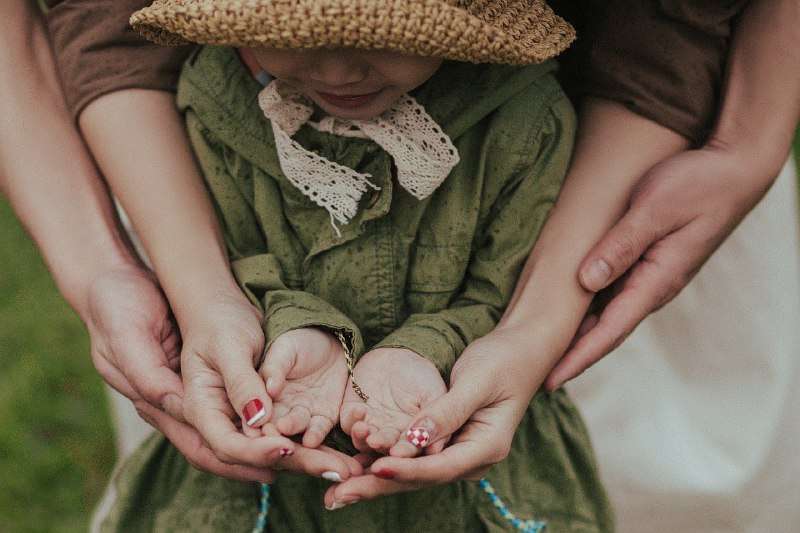I often work in GSR sessions with children and parents. The reason for coming to a session is a problem that seems to be almost impossible to solve in reality, usually a child’s illness or some peculiarity of development that worries the parent. Or on the contrary, the parent is ill, and the adult child is very concerned about it and wants to help somehow.
The first thing that comes to a person’s mind is to find the cause of the illness in the native and eliminate it, with which they turn to a GSR specialist.
Of course, no one has canceled treatment and observation by doctors and other specialists. But if there is no result, they look for it elsewhere. And it is good if people get to GSR sessions with a specialist who can see exactly the cause of the process formation and bring the situation to a qualitatively different level.
Subconsciously the desire to eliminate some problem a parent sees in a child has at its core the process of building contact with the child. For the child it is a way to get support and a resource from the parent, for the parent it is a way to feel needed and important. In addition, a child with a special problem is a reason for the parent to love and invest more in him or her, because otherwise, in a healthy way, he or she cannot.
By working with the parent only in such cases, it is possible to gradually align the parent and shift them from the focus of the “child’s problem”. The child’s illness / particularity itself may not go away (there may be physical uncorrectable features), but the parent’s support and love for the child becomes healthier, and the child and parent are less compensated for each other. The parent and child stop cycling through the problem, and the child begins to discover himself or herself in something else, something more important. For example, the child becomes interested in and achieves success in sports, creativity, or begins to learn and discover new areas.
For the parent who is ill and wants to help the children, as a rule, his or her illness is not a problem at all, it is learned more as a given, and there is most likely no personal interest in resolving the issue. Here the parent is often in the child’s position, and his or her adult child, on the contrary, is in the position of a parent who feels he or she has to take care.
Endless worry, anxiety, lead the child “by the hand” to the doctors. At the same time, both parent and child feel needed by each other, which means it is beneficial for both of them and no one is really interested in recovery. This is how generic tendencies and loyalties work. The adult child feels important in the parent’s life, this importance may be reinforced by a lack of energy to shape and maintain their personal life, perhaps also a reason to run away from themselves.
This does not mean that it is not necessary to help sick parents, but no one has abolished the sense of responsibility of the older parental figure in the family. In this case, it is necessary to work on two fronts: with the adult child, to exclude the compensatory process of interaction and the position of the helper. And with the sick parent who weakly takes responsibility on himself/herself due to a lack of some resource or support.
In this way, compensatory couplings on both sides are removed. In reality, there should be a healthy separation of the two adult figures: the parent and the child, each one begins to take its own position, they cease to depend on each other and hold each other back. The parent has time and resources to deal with the disease, not to walk around holding the child’s hand and shifting responsibility.
A healthy sense of responsibility creates a healthy motivation that will allow the body to cope with the illness more quickly. An adult child should develop a sense of responsibility for themselves, their lives and the lives of their children. And from that point, the support of the parent in need will be healthier.
Working with the GSR method with the topic of diseases that form such unhealthy addictions in the family can form a more adequate process. In the process of work it is possible to notice exactly the rank growth, when the person gradually stops looking at the problems, and starts to look at his possibilities, his potential and starts to reveal it in reality.
And in the cases of parents and children it is seen that this will be beneficial to both. By removing compensatory manifestations, the person has a healthy motivation to solve the problem and recover, and the point of parent-child contact becomes healthier in every respect.
©Translated for GSR World by Ruzilya Nureeva

